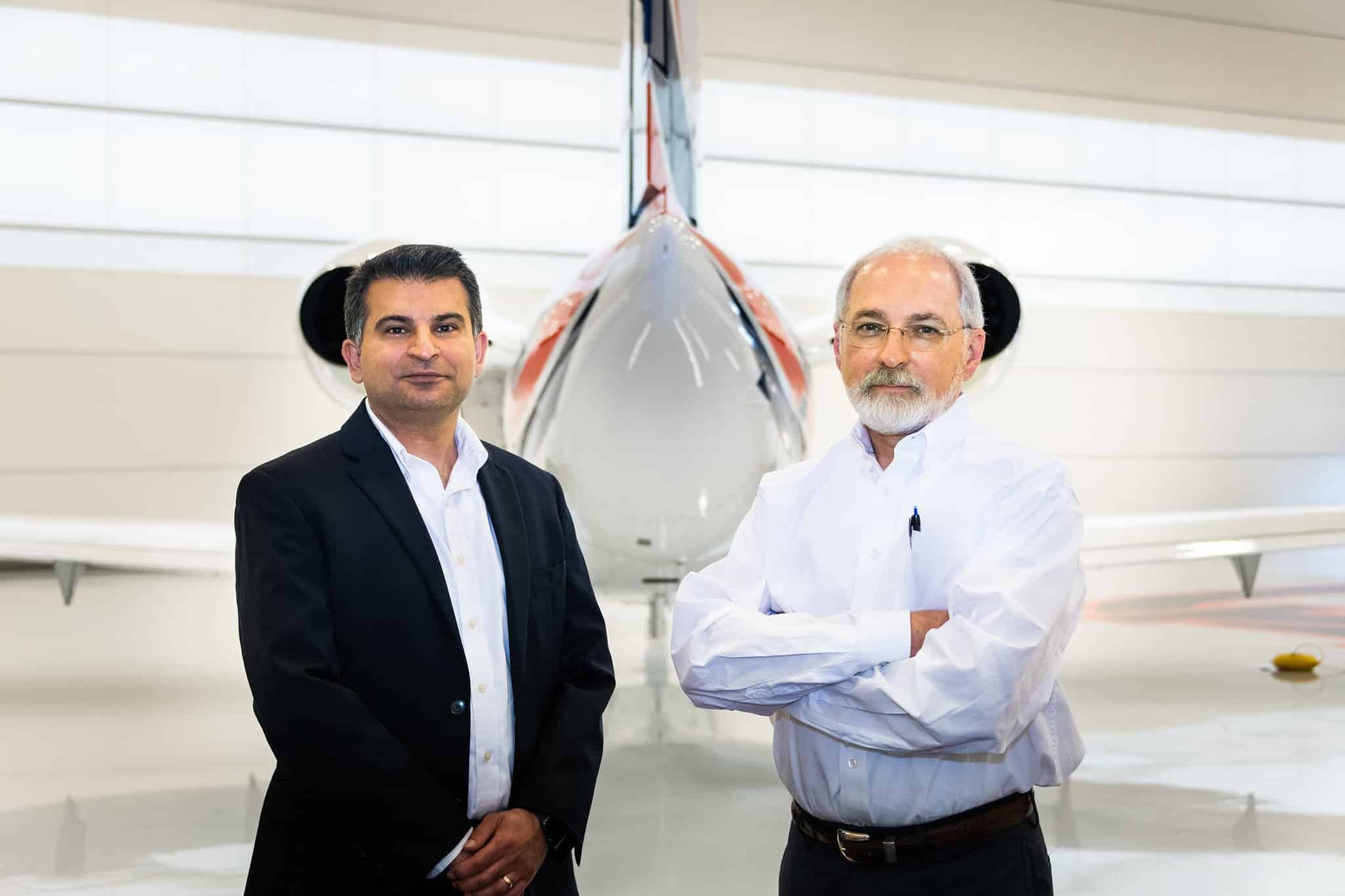The National Center for Additive Manufacturing Excellence (NCAME) at Auburn University is funded by the Federal Aviation Administration (FAA) of US$3 million to launch a two-year project to improve air travel. NCAME engineers will use industrial 3D printers to produce metal parts for commercial aircraft, and delve into the process and materials to fine-tune the parameters required for 3D printing end-use parts.
Steve Taylor, the co-leader of the project, said: “By teaming our faculty, who are global leaders in research on additively manufactured metal components, with the top engineers and scientists at FAA, we are confident that we can develop new knowledge that will help engineers design safer, more efficient aircraft. Auburn University is honored to be collaborating with the FAA.”
Performance Variability
The core problem in additive manufacturing is the variability of performance, so the mechanical properties of the same 3D parts printed on different machines will be different. According to NCAME, there is still a lack of understanding of the microstructure of 3D printed metal parts and their subsequent effects on fatigue and fracture resistance. This makes it difficult to define norms and standards in the industry, especially when strictly controlled parts are used in sectors such as aviation.
NCAME Director Nima Shamsaei explained: “This is what I call the “fatal weakness” of additive manufacturing. Such changes make the identification and certification of AM materials and parts challenging. By understanding the source of variability, it can be controlled. Or by considering it, we can generate more reliable material data and more reliable additive manufacturing products.”
The project ultimately aims to improve aircraft safety through standardized structural applications and advanced materials certification processes. NCAME was founded in 2017 and claims to be an international leader in research. The center has extensive experience in aerospace materials and is one of the founding partners of ASTM International Center for Excellence in Additive Manufacturing.

Auburn’s Additive Adventures
Since its establishment, Auburn’s NCAME has participated in many aerospace additive manufacturing projects. Last year, the center won a $5.2 million contract from NASA to use its expertise to help improve the performance of liquid rocket engines through 3D printing. This three-year project is currently using additive manufacturing technology to develop a “cold storage” thrust chamber, which can also reduce weight.
NCAME also previously initiated a project involving a $1.5 million X-ray CT scanner. The system is used for non-destructive testing of 3D printed parts to determine its feasibility as a “mission-critical” component in the aerospace industry. This machine was obtained from the National Institute of Standards and Technology of the United States, and was called the “true game-changer” by Bart Prorok, director of the Auburn Center for Analytical Microscopy.

